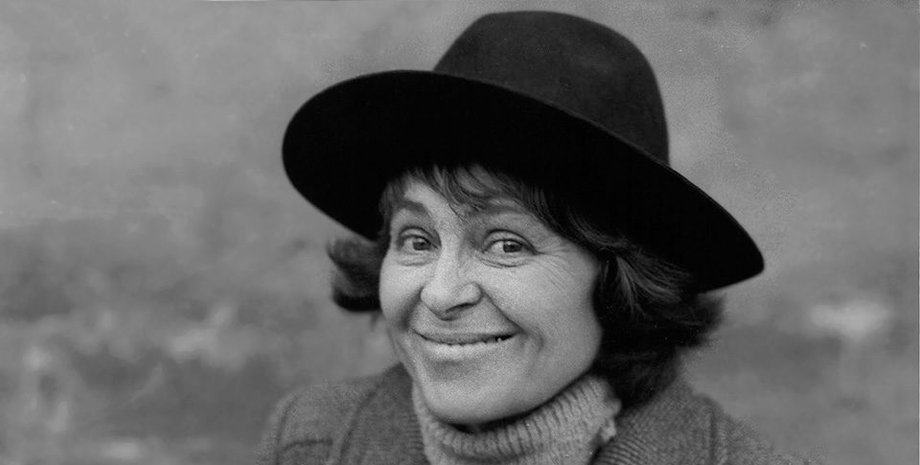
 By Victor Duda
By Victor Duda
Kira Georgievna Muratova was born on November 5, 1934 in the city of Soroki, then on the territory of Romania (now Moldova), in the family of a Russian father and a Jewish-Romanian mother. After graduating from the director's faculty of VDIK in 1959, she moved to Odesa, where she began working at the Odesa Film Studio. It was Odesa that became her main creative home and the place where all her iconic tapes were born - from "Short Meetings" to "The Tuner".
Despite numerous bans and censorship during the Soviet era, Muratova remained true to her style: she combined absurdity, irony and deep philosophical meanings, forcing the viewer not to consume, but to think. After the collapse of the USSR, Muratova remained to live and work in Ukraine, although most of her films were in Russian. In a conversation quoted by Rozmova, the director clearly stated: "No, I'm not over the fight — I'm on the side of Ukraine.
" Researchers of Muratova's work, in particular in the material of LB. ua, note that her cinematic language, the urban environment and Odesa itself as a character turn Muratova's films into a part of the Ukrainian cultural code. Thus, Muratova consciously distanced herself from Russia, choosing Ukraine as her creative and spiritual home. Her paintings destroyed the usual notions of cinematography.
The film "Asthenic Syndrome" (1989) — one of the most radical works of the perestroika era — combines black-and-white and color fragments, deliberately violates editing rules, creating an emotional effect of fatigue and irritation with modernity. Critics call it "the boldest statement in Soviet cinema about the loss of humanity. " One of Muratova's most famous discoveries was Renata Litvinova.
The future actress and director was writing a diploma script, which accidentally fell into Muratova's hands. She liked the text so much that she invited the author to collaborate. So Litvinova made her debut in Muratova's film and later starred in the films "Three Stories" and "Two in One". Renata herself later said: "The main life lesson that Kira Georgievna gave me is the ability to go against everyone.
" Kira Muratova created a unique "Odesa cinema": her characters lived in courtyards by the sea, spoke with irony and looked at life through the prism of the absurd. Her films are simultaneously love for people and disappointment in them, elegy and protest. She remained independent, principled and stubborn - even when her films were not released. And until the last days of her life, Muratova filmed in Ukraine, without returning to Russia.
Kira Muratova died on June 6, 2018 in Odessa, leaving behind 20 films and many students and supporters. She is called the "conscience of Ukrainian cinema" — a director who was not afraid of the truth and always stood aside from the situation.










All rights reserved IN-Ukraine.info - 2022